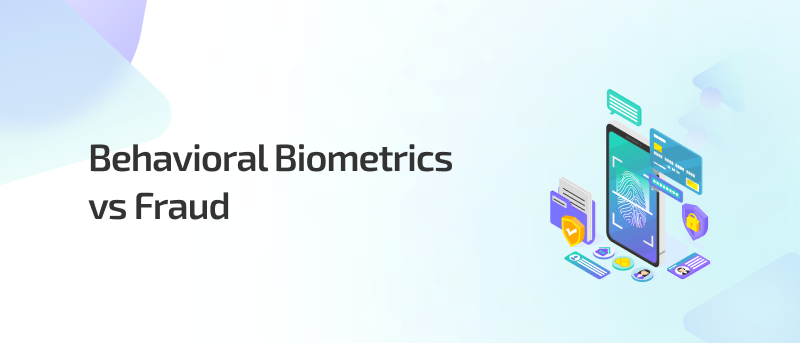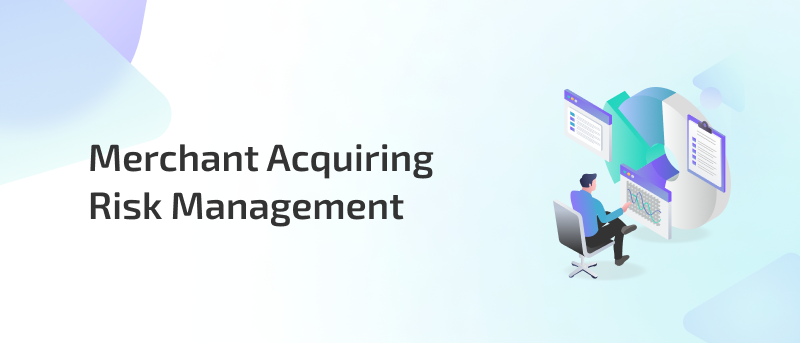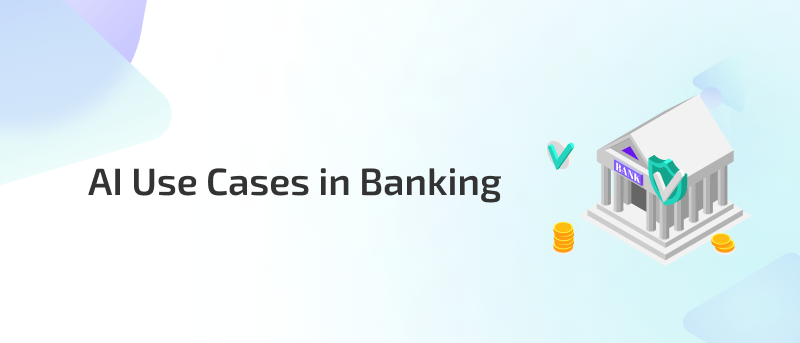.webp)
Published on
June 3, 2025
Automated Due Diligence with AI: Enhance Efficiency & Accuracy
In this story

Accelerate AML Compliance: Meet Regulatory Demands with 80% Less Setup Time
.svg)
.svg)
In a case study involving a Saudi fintech, leveraging AI-automated processes for due diligence saved a staggering 14,450 hours of manual checks. But what’s the difference between traditional and automated AI due diligence processes? Let’s see!
What is AI Due diligence?
AI-powered due diligence for financial institutions is when banks or financial companies use artificial intelligence to help them make better choices. Instead of doing everything the traditional way, AI looks through huge amounts of data much faster and can catch things that might be missed, like risks or hidden fraud.
AI also looks at past trends to guess what might happen in the future. This helps companies make faster, smarter decisions and enables it to save time, cut costs, and help find issues sooner, making the whole process more reliable.
Traditional Due Diligence Processes
Traditional Customer Due Diligence (CDD) and Enhanced Due Diligence (EDD) are essential parts of how banks and other financial institutions keep up with anti-money laundering (AML) and counter-terrorist financing (CTF) rules. They help make sure customers are who they say they are, figure out the risk level of each customer, and keep an eye on their activities to spot anything suspicious.
Traditional Customer Due Diligence (CDD)
Here's a simple rundown of how traditional due diligence processes work against due diligence automation:
1. Customer Identification and Verification
- As the name indicates, the bank's employee collects basic details from the customer like their full name, address, birthday, and identity verification (ID) number.
- Once all the details are with the concerned employee, he/she needs to check the information and documents handed over and verify if they are real or fake. The employee does so by checking reliable resources like government IDs, utility bills, and bank statements.
2. Risk Assessment
The customer's profile has much information about their business type, location/jurisdiction, and transaction habits; the bank considers all these factors to assign each customer a risk level, which can be low, medium, or high.
3. Ongoing Monitoring
Once the potential customer becomes an existing customer of the bank, it is the bank's responsibility to regularly check this customer's transactions to spot any unusual or suspicious activity. If someone's situation changes over time, it might affect their risk level. So, if a low-risk customer gets a new influential job, then their risk level might change to match the new changes in this customer's job.
Comply quickly with local/global regulations with 80% less setup time
.svg)
.svg)
Enhanced Due Diligence (EDD)
Enhanced Due diligence requires the following:
1. Additional Information Collection
- Detailed Customer Information: Higher-risk customers are required to provide more detailed information, including the source of funds and wealth, the purpose of transactions, and the expected account activity.
- Beneficial Ownership: Identification of beneficial owners who ultimately own or control the customer or the entity.
2. Enhanced Verification and Scrutiny
- Verification of Sources: More rigorous verification processes are applied to confirm the legitimacy of the customer's funds and business activities. This might involve third-party investigations or the use of specialized databases.
- Increased Monitoring: More frequent and detailed transaction monitoring is conducted. This may include real-time monitoring and alerts for unusual activities.
3. Risk Management and Mitigation
- Enhanced Risk Assessment: High-risk customers undergo more thorough risk assessments. This involves a deeper analysis of their financial behavior, business relationships, and potential connections to criminal activities.
- Special Measures: Institutions may impose additional measures such as setting transaction limits, requiring senior management approval for certain transactions, or conducting regular audits of the customer's account.
4. Reporting and Record-Keeping
- Suspicious Activity Reports (SARs): If suspicious activity is detected, it is reported to the relevant authorities through SARs.
- Detailed Records: Comprehensive records of all enhanced due diligence measures and findings are maintained for regulatory review and audit purposes.
Key Differences Between CDD and EDD
- Depth of Information: EDD requires more detailed information and verification than CDD.
- Frequency of Monitoring: EDD involves more frequent and detailed monitoring of transactions compared to CDD.
- Risk Response: EDD includes more stringent measures to mitigate risks associated with high-risk customers.
- Regulatory Scrutiny: EDD is subject to higher regulatory scrutiny and often requires institutions to demonstrate their compliance with more rigorous standards.
Challenges in Traditional Due Diligence
- Time-Consuming: Manual data collection and analysis can take weeks or even months.
- Labor-Intensive: Requires significant human resources, often involving large teams of analysts and consultants.
- Prone to Human Error: Manual processes are susceptible to errors and omissions, which can lead to inaccurate conclusions.
AI Due Diligence
Let's explore which AI technology is taking place in the AI due diligence game:
1. Machine Learning: Algorithms that learn from data to make predictions or decisions without being explicitly programmed.
2. Natural Language Processing (NLP): Enables AI to understand, interpret, and generate human language, facilitating the analysis of documents and reports.
3. Predictive Analytics: Uses statistical algorithms and machine learning techniques to identify the likelihood of future outcomes based on historical data.
4. Robotic Process Automation (RPA): Automates repetitive and rule-based tasks, increasing efficiency and reducing human error.
5. Applications of AI in Due Diligence: So, how does AI aid in due diligence automation processes in real life? Let’s see!
6. Data Collection and Processing: Out of the many applications of AI in due diligence, AI has the ability to automatically collect and manage large amounts of data from different sources like legal documents and market research.
7. Risk Assessment: Machine learning, which is a subset of artificial intelligence, can learn from past data to find patterns and spot any deviation from these patterns. These deviations are potential risks that might cause future issues for the institution.
8. Fraud Detection: Another application for artificial intelligence is finding red flags and warning signs that indicate fraud might be happening or about to happen.
9. Compliance Monitoring: Compliance is one of the top priorities for financial institutions, and artificial intelligence enables them to follow and comply with the different rules and regulations.
Benefits of AI Due Diligence Tools
AI due diligence enables those who work in the AML field and fraud investigations to benefit from many advantages. AI due diligence actually helps them manage tricky tasks and overcome many pain points they face daily.
1. Efficiency and Speed: What takes months using traditional due diligence processes can be done in days or even hours with AI due diligence. When due diligence is automated, you will get faster data collection, processing, and analysis.
2. Enhanced Accuracy: Machine learning plays a great role in AI due diligence processes because its capabilities can find patterns and odd anomalies that humans might miss, which makes AI due diligence cut down on mistakes and thus gives more accurate results.
3. Comprehensive Data Analysis: AI can manage and analyze large amounts of data from different sources, giving a more complete picture of the target company.
4. Cost Reduction: Automated due diligence reduces the need for many people, saving money. This cuts the cost of traditional manual methods.
5. Continuous Monitoring and Real-Time Updates: AI allows continuous monitoring of important data, giving instant updates and insights. This ongoing analysis helps decision-makers stay informed and act quickly, managing risks and seizing opportunities as they come.
Real-Life Example: Aseel Decreased the Onboarding Time by Over 87%
Aseel, a pioneer real estate crowd-investing platform in Saudi Arabia, faced challenges with manual customer onboarding and risk assessment processes, and this affected the company’s growth and risked compliance issues.
To overcome these obstacles, Aseel adopted FOCAL, an AI-powered Mozn platform that streamlined onboarding and compliance processes. The results were impressive:
- When Aseel adopted FOCAL automated due diligence software, the company achieved an 87% reduction in onboarding time, with each process taking just 40 seconds on average.
- This swift onboarding process improved customer experience and accelerated growth by 250%.
- FOCAL AI-driven technologies enhanced risk assessments and provided real-time insights into suspicious entities, improving compliance practices and operational efficiency.
Ali Alshamrany, Aseel's Chief Operating Officer, praised contribution of FOCAL, highlighting its role in driving efficiency and enabling confident growth. With the suppot of FOCAL, Aseel continues seamlessly onboarding new customers and expanding its market presence.
Automate Your Due diligence with FOCAL AI
FOCAL automated due diligence software makes your institution's due diligence process easier, safer, and more efficient so you can focus on what matters. Here's how it helps:
- Easy Onboarding: FOCAL automates the boring stuff like collecting and analyzing data, making it quicker to bring new customers on board.
- Spotting Risks: FOCAL intelligent algorithms help find potential problems in data so your institution can make safer decisions.
- Staying Compliant: FOCAL platform keeps an eye on customers and transactions in real time. This real-time due diligence AI helps your institution follow the rules.
- Working Smarter, not harder: Save time and money by automating repetitive tasks and reducing mistakes.
- Getting Insights: Due Diligence AI from FOCAL gives your institution useful information about customers and trends, helping it make smart decisions for the future.
Conclusion
AI due diligence makes processes faster, more accurate, and more efficient. AI due diligence empowers businesses to dig deeper, save money, and make smarter choices. As AI improves, it'll have an even more significant impact on due diligence, offering benefits other than helping to automate tasks, analyze data, and lower risks.
Keeping up with technology while following the rules is challenging, but the FOCAL platform is here to help. The platform provides the resources and support you need to use AI due diligence wisely. Partnering with FOCAL sets you up to implement AI solutions and due diligence tools to improve your overall due diligence process.
Streamline Compliance: Achieve 80% Faster Setup for Fraud Prevention
.svg)
.svg)

How Aseel reduced onboarding time by more than 87% using FOCAL
Learn how FOCAL empowered Aseel to achieve new milestones.
.svg)
.svg)
Mastering Fraud Prevention: A Comprehensive Guide for KSA and MENA Businesses
51% of organizations fell victim to fraud in the last two years, don't be caught off guard, act proactively.
.svg)
.svg)
Featured blog posts
.svg)
AI-Driven Precision in Fraud Risk and AML Compliance
.svg)
.svg)

.svg)
.png)






.webp)




.svg)

_FastestImplementation_Small-Business_GoLiveTime.png)

_HighPerformer_Small-Business_HighPerformer.png)
_Leader_Leader.png)



%20(1).webp)